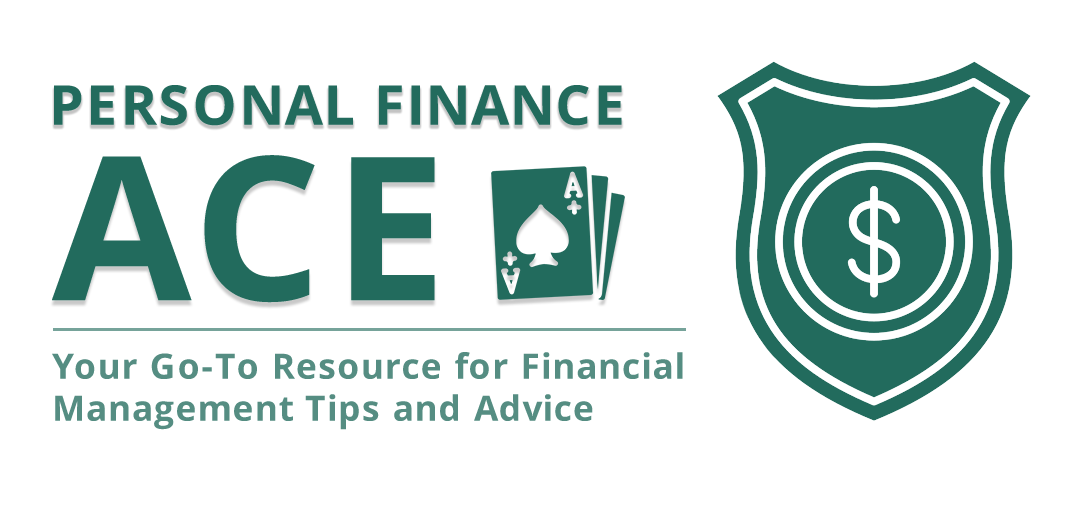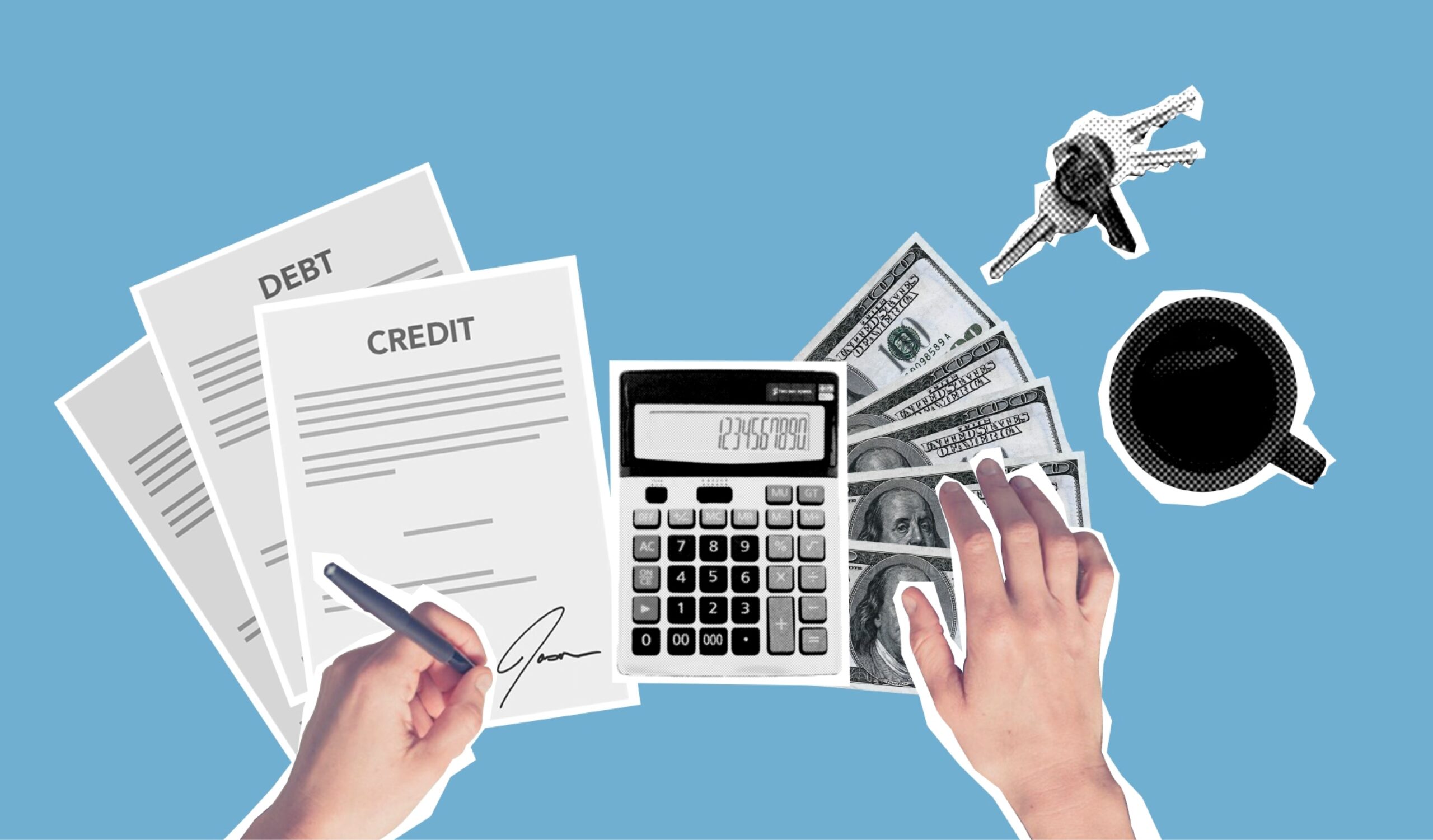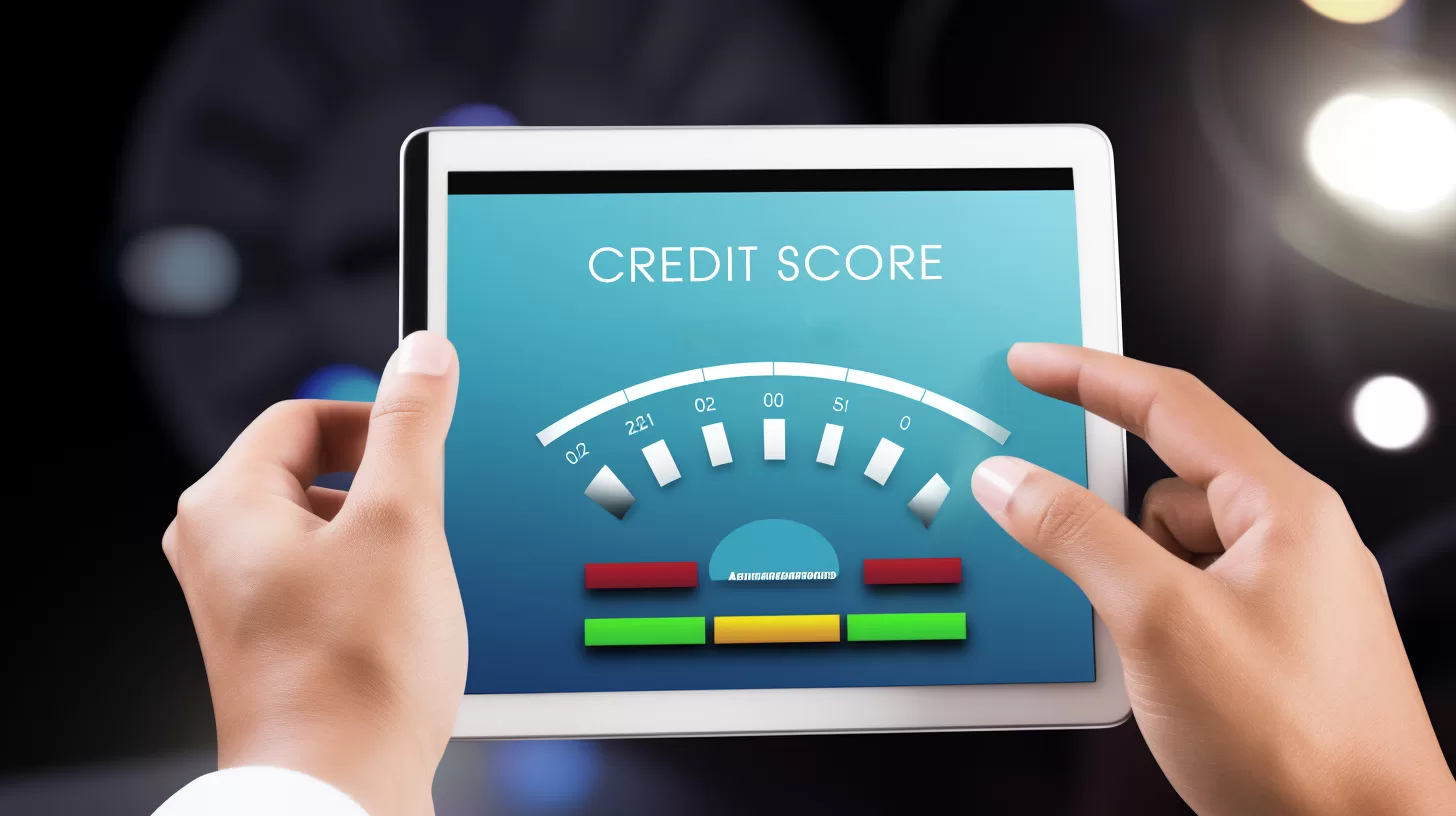If you’re struggling with debt, you’re not alone. According to a recent survey, the average American has about $38,000 in personal debt, not including mortgages. While it may be tempting to ignore your debt and hope it goes away, the reality is that it won’t. Debt can have a significant impact on your financial future, but the good news is that there are steps you can take to manage and reduce it.
In this comprehensive guide, we’ll cover everything you need to know about understanding and managing your debt, including:
- Types of Debt
- How to Calculate Your Debt-to-Income Ratio
- Strategies for Paying Off Debt
- How to Avoid Debt in the Future
Types of Debt
Before you can begin to manage your debt, it’s important to understand the different types of debt. The two main categories of debt are:
- Secured Debt: This type of debt is backed by collateral, such as a house or car. If you fail to repay the loan, the lender can take possession of the collateral. Examples of secured debt include mortgages and car loans.
- Unsecured Debt: This type of debt is not backed by collateral, and the lender cannot seize any assets if you fail to repay the loan. Examples of unsecured debt include credit card debt and personal loans.
How to Calculate Your Debt-to-Income Ratio
Your debt-to-income ratio (DTI) is an important number that lenders use to determine your creditworthiness. It measures how much debt you have compared to your income. To calculate your DTI, add up all of your monthly debt payments and divide that by your gross monthly income. The resulting number is your DTI.
Ideally, your DTI should be below 36%, but some lenders may accept a DTI as high as 43%. If your DTI is above these thresholds, you may have trouble qualifying for a loan or credit card.
Strategies for Paying Off Debt
Once you understand your debt and DTI, it’s time to develop a plan for paying off your debt. Here are some strategies that can help:
- Snowball method: This strategy involves paying off your debts in order of smallest to largest balance, regardless of interest rates. Once the smallest debt is paid off, you can apply that monthly payment to the next smallest debt, and so on. This method can provide quick wins and help build momentum.
- Avalanche method: This strategy involves paying off your debts in order of highest to lowest interest rate, regardless of the balance. By targeting high-interest debts first, you can minimize the amount of interest you pay over time and potentially pay off your debts faster.
- Debt consolidation: This involves combining multiple debts into a single loan or credit card with a lower interest rate. This can make it easier to manage your debts and reduce your overall interest payments. However, be aware of any fees or potential risks, such as accruing even more debt on the new loan.
- Increasing income: One effective way to pay off debt is to increase your income. Consider taking on a side job or selling unused items to generate extra cash. This can provide a boost to your debt repayment efforts.
- Cutting expenses: Another way to pay off debt is to cut expenses. This could involve creating a budget and identifying areas where you can reduce your spending, such as eating out less or canceling subscription services.
- Negotiating with creditors: If you’re struggling to make your payments, consider contacting your creditors to negotiate a lower interest rate or a payment plan that works for you. Many creditors are willing to work with borrowers who are making a good faith effort to pay off their debts.
Paying off debt takes time and discipline. It’s important to stay motivated and track your progress along the way. By using these strategies and staying committed to your goals, you can successfully manage and ultimately eliminate your debt.
How to Avoid Debt in the Future
While managing your current debt is crucial, it’s equally important to take steps to avoid accruing more debt in the future. Here are some strategies to help you do just that:
- Create a Budget: One of the most effective ways to avoid debt is to create a budget and stick to it. This means identifying your monthly income and expenses, and allocating your funds accordingly. Make sure to include savings as part of your budget so that you have a safety net in case of emergencies.
- Live Within Your Means: It’s important to resist the temptation to overspend, even if you have a high income. Living within your means means spending less than you earn, and being mindful of your expenses. This can be challenging, especially if you’re used to a certain lifestyle, but it’s an essential part of avoiding debt.
- Use Credit Responsibly: While credit cards can be a useful tool for building credit and earning rewards, they can also be a slippery slope to debt if not used responsibly. To avoid debt, use credit cards sparingly and always pay off the balance in full each month. It’s also important to avoid applying for too many credit cards at once, as this can negatively impact your credit score.
- Build an Emergency Fund: Unexpected expenses can quickly derail your finances and lead to debt. To avoid this, it’s important to build an emergency fund. Aim to save at least three to six months’ worth of living expenses in a separate savings account that you can access in case of emergencies.
- Avoid Lifestyle Inflation: As your income grows, it can be tempting to increase your spending to match. However, this can quickly lead to overspending and debt. Instead, try to keep your expenses relatively consistent as your income increases, and use the extra money to pay off debt, save for the future, or invest.
By implementing these strategies, you can not only manage your current debt but also avoid accruing more debt in the future. Remember, managing your finances is a journey, and it takes time and effort to achieve financial stability. But with the right mindset and tools, you can take control of your finances and achieve your financial goals.
Managing debt can be a daunting task, but it’s crucial for achieving financial stability and peace of mind. By understanding your debt, creating a plan to pay it off, and taking steps to avoid accruing more debt in the future, you can take control of your finances and achieve your financial goals. Remember to be patient and persistent, and don’t be afraid to seek help from a financial advisor or credit counselor if needed. With time and effort, you can overcome your debt and achieve financial freedom.





